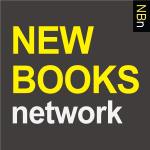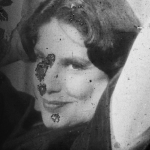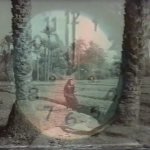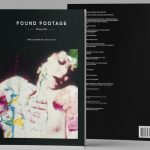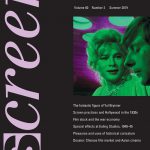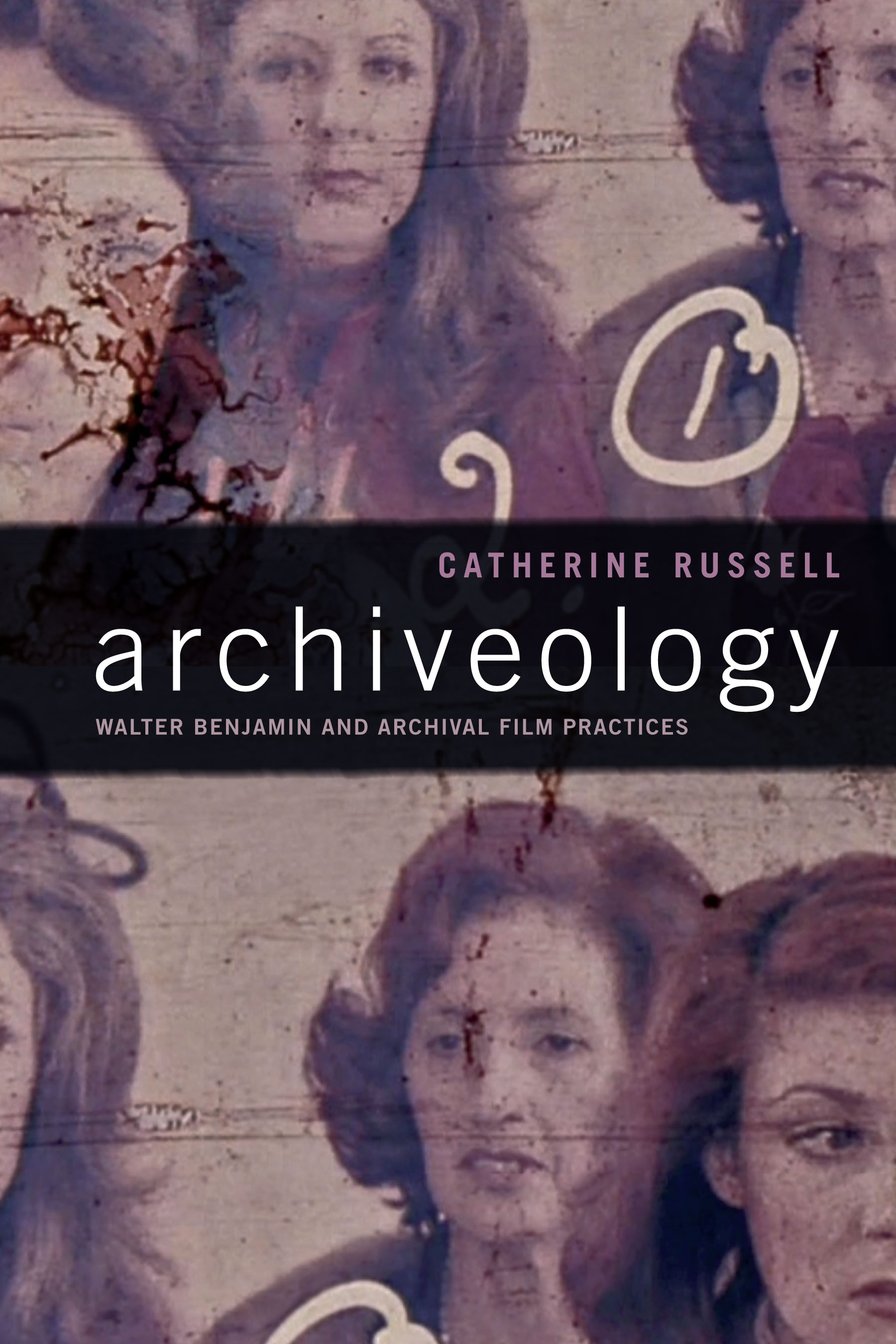
In Archiveology Catherine Russell uses the work of Walter Benjamin to explore how the practice of archiveology—the reuse, recycling, appropriation, and borrowing of archival sounds and images by filmmakers—provides ways to imagine the past and the future. Noting how the film archive does not function simply as a place where moving images are preserved, Russell examines a range of films alongside Benjamin’s conceptions of memory, document, excavation, and historiography. She shows how city films such as Nicole Védrès’s Paris 1900 (1947) and Thom Andersen’s Los Angeles Plays Itself (2003) reconstruct notions of urban life and uses Christian Marclay’s The Clock (2010) to draw parallels between critical cinephilia and Benjamin’s theory of the phantasmagoria. Russell also discusses practices of collecting in archiveological film and rereads films by Joseph Cornell and Rania Stephan to explore an archival practice that dislocates and relocates the female image in film. In so doing, she not only shows how Benjamin’s work is as relevant to film theory as ever; she shows how archiveology can awaken artists and audiences to critical forms of history and memory.
Archiveology: Walter Benjamin and Archival Film Practices is available from Duke University Press.
Reviews
In her book Archiveology: Walter Benjamin and Archival Film Practices (Duke University Press, 2018), Catherine Russell defines “archiveology” as “the reuse, recycling, appropriation and borrowing of archival sounds and images by filmmakers”. Through specific film examples, the book discusses the related work of German philosopher Walter Benjamin and how his ideas coincide with the examples presented.
Film Quarterly, Interview about Archiveology
As Catherine Russell observes in her new book, Archiveology: Walter Benjamin and Archival Film Practices, countless moving images are now easily accessible for recycling and remixing. No longer the primary domain of experimental artists, the retrieval and reassembling of audiovisual fragments have become widespread creative practices in contemporary media: “The death of ‘film’ and the rise of digital media,” she notes, “have effectively enabled and produced a new critical language that we are only really learning to speak.”
Review of Archiveology by Kristen Muenz in Journal of Contemporary Archival Studies, Vol 6 (2019)
Abstract:
In Archiveology: Walter Benjamin and Archival Film Practices, Catherine Russell explores the impact of Walter Benjamin’s ideas on filmmakers who use archival film footage in their works. With thorough and compelling analysis, Archiveology is a thought-provoking read for any archivist interested in the transformative power of archival material.
Review of Archiveology in Found Footage Magazine, Special Issue #5 Dirty Movies & Second Hand Poetics (March 2019)
[FFM#5_Catherine Russell pdf]
Review by Esther Leslie in Screen, Volume 60, Issue 2, Summer 2019, Pages 356–359
Nowadays, the whole of recorded image culture appears accessible to us. We have recourse to a vast archive, not just of personal photographs and video clips, languishing unviewed in the cloud, on dusty external drives and scuffed USB keys, but to all that has ever been recorded and is now findable on YouTube, Vimeo, in the digitalized archives of the BFI and other such collections. We eddy through fragments of the recorded past.
Praise
“Moving through a careful, rigorous, and nuanced reading of Walter Benjamin’s work, Catherine Russell’s new book explores the remarkable range of ‘archiveology’ as a creative engagement with technologies of storing and accessing. About the formation and critique of collective memories and histories at the intersection of the avant-garde and documentaries, this superb study is, more importantly perhaps, about the present and future of contemporary media culture.” – Timothy Corrigan, author of The Essay Film: From Montaigne, After Marker
“Showing how Benjamin’s insights remain especially timely and relevant for early twenty-first-century archival film practices, Archiveology makes an important contribution to critical and feminist film theory while offering a compelling approach to contemporary moving image art in ways that traverse experimental, documentary, and new media platforms.” – Patrice Petro, author of Aftershocks of the New: Feminism and Film History
“Archiveology opens up yet more rich and very pertinent questions relating to film-making as an archival practice in which themes of time, memory and imagination are fluidly interwoven and fleshed out as new cinematic experiences.” – Davina Quinlivan, Times Higher Education
“Archiveology is a refreshing for film archivists looking to expand their horizons and better understand potential users. . . . Catherine Russell’s masterful explanations ensure that the book remains accessible to readers from all disciplines.” – Kristen E. Muenz, Journal of Contemporary Archival Studies
“Archiveology offers insightful analyses enlightened by Benjamin’s legacy. . . . Catherine Russell adds authority to a new model of cultural intelligibility that we can use to rescue voices relegated to oblivion.” – Cesar Ustarroz, Found Footage
“Archiveology is. . . one of the few books of film theory and criticism that takes Benjamin seriously in all of his complexity, and, more importantly and innovatively, shows us the mechanics of what one can do with the concepts in an era of disturbingly unstable media.” – Joshua Wiebe, Film and History
“This book advances a new archival language, with which to renew the history of twentieth-century representation. Archiveology, indeed, enables thinking about the constantly evolving nature of images, by informing not only the way they work but also the way we look at the present time.” – Catherine Russell, Frames Cinema Journal
